Medical staff in Tanzania appreciates help from PCPM
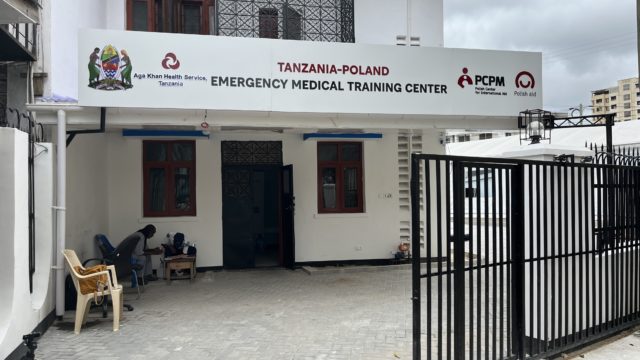
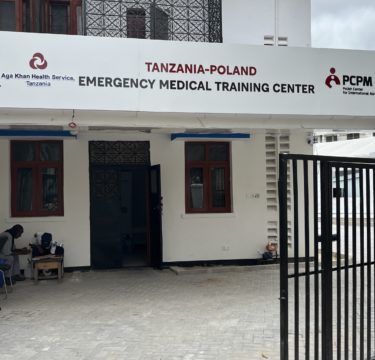
The heads of the emergency departments of Chanika and Temeke hospitals in Dar es Salaam emphasize that thanks to help from Poland, they can treat the most seriously injured patients. PCPM provides emergency departments in Tanzania with the necessary equipment and staff training.
Tanzania’s public health service is in a difficult situation, struggling with serious shortages of doctors, medical equipment, and funding. The number of doctors per 1,000 inhabitants is one of the lowest in the world, amounting to only approximately 0.03, significantly different from the standards of the World Health Organization. There is also a lack of basic medical equipment, not to mention technologically advanced devices that could significantly improve the quality of diagnosis and treatment. Financing of the public health service is insufficient, resulting in poor infrastructure investments and low salaries for medical staff, which in turn leads to the outflow of staff to the private sector or abroad.
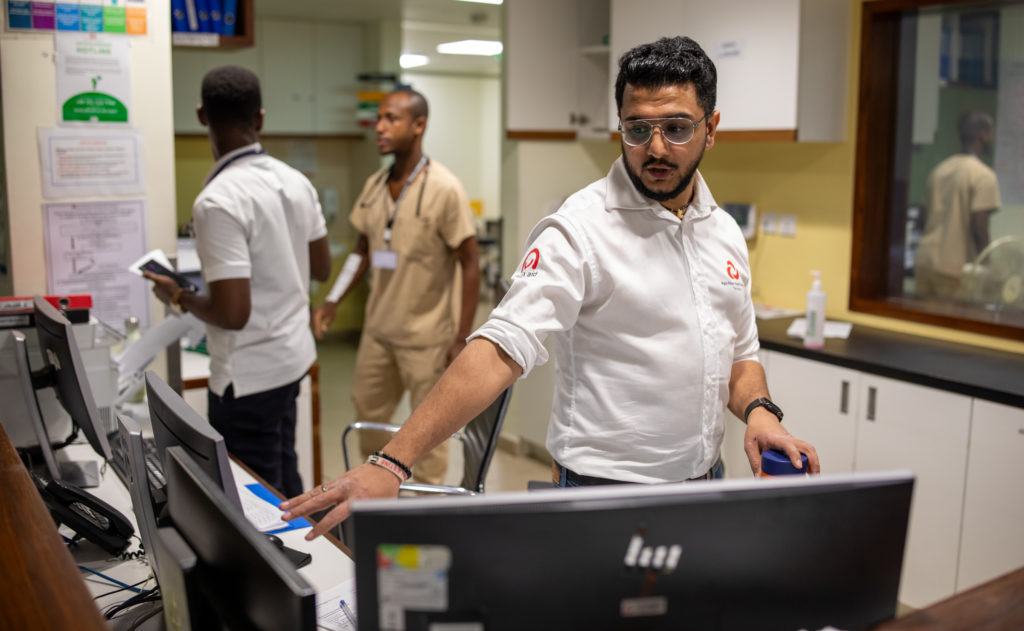
Chanika Hospital on the outskirts of Dar es Salaam admits 200–300 patients every day, of which 5-10 in the most serious condition are admitted to the emergency department. This is one of the hospital rooms whose equipment is provided by the Polish Center for International Aid (PCPM). The department is headed by Rose T. Mtangi, 44, who has been working at the hospital for 7 years.
– I know perfectly well what problems and shortcomings we face. For us, even the most basic things is the problem as we are unable to provide them to patients. Thanks to help from Poland, a lot has changed, says the doctor.
The PCPM Foundation has supported the development of the emergency medicine sector in Tanzania since 2022. One of the elements of support for the Tanzanian healthcare system is the donation of health and life-saving equipment and apparatus to selected medical facilities: including diagnostic equipment (ultrasound sets, ECG, cardiomonitors), intravenous infusion equipment, oxygen therapy, intubation, and equipment necessary for cardiopulmonary resuscitation.
Now we have standards like in Europe
Rose T. Mtangi, head of the emergency department at Chanika Hospital, gives an example of how important role aid from Poland plays.
– Previously, it often happened that we were unable to help the patient, we did not know how to properly examine and diagnose him. Now we have international standards, so we help the patients just like doctors in Europe do, she says.
– We are most pleased with devices for monitoring the patient’s health, portable ultrasound and ECG devices, as well as equipment for administering oxygen because we use this equipment most often. It is important that we also receive training from Polish doctors on how to fully use this equipment – she adds.
The training mentioned by the head of the emergency department of Chanika Hospital is possible thanks to the creation by the PCPM Foundation of a modern and well-equipped training center in the largest Tanzanian city, Dar es Salaam. Ultimately, 1,800 doctors and nurses from Tanzania are to be trained there by Polish and Kenyan specialists in emergency medicine.
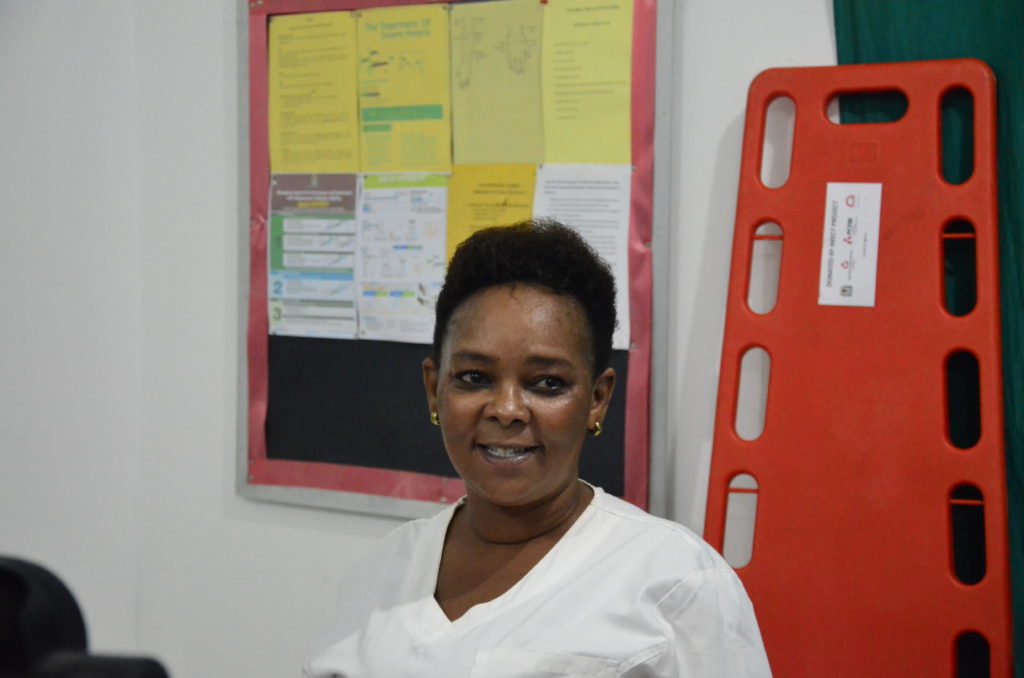
Rose T. Mtangi also emphasizes that the greatest challenge for doctors saving lives are cases when many injured people arrive at the hospital emergency department at once, e.g. as a result of a road accident or fire.
– Then we have to help everyone at once, and we don’t have that much equipment and trained people. In such situations, we have to refer the injured to a larger hospital in Dar es Salaam. But thanks to help from Poland, the situation is much better than a few years ago and we can help at least some of the injured on the spot, says the head of the emergency department.
It is the poorest who suffer the most
One of the main factors that deepen the problems of the local health service, including emergency medicine, is the dynamic population growth in Tanzania. Currently, the country is inhabited by over 65 million people, while in 1990 the number was approximately 25 million. The increasing population leads to overcrowded hospitals and clinics, as well as longer queues to doctors. The health system is overloaded, which reduces the quality of services provided and reduces access to medical care, especially for the poorest layers of society.
The total value of the “Polska pomoc” (“Polish Aid”) project in Tanzania, run by the Polish Center for International Aid is PLN 4.92 million (USD 1.22 million). Funds are provided by the Ministry of Foreign Affairs of Poland.
The help from Poland is large and noticeable
Another medical facility that benefits from the support of the PCPM Foundation is the regional hospital in Temeke, a district of Dar es Salaam. There are 17 emergency medicine doctors here, 12 of whom have already completed training organized by PCPM. However, there is still a lack of basic rescue and treatment equipment.
– Every day we admit 30-45 patients, and we only have 21 beds. Those who do not require longer hospitalization are sent home immediately after treatment. We lack basic equipment, although the help we receive from Poland is very large and noticeable, says 36-year-old Ntoli Abraham, head of the emergency department of the hospital in Temeke.
– We received new equipment and apparatus from PCPM, and many of our doctors received training that we would not normally have a chance for. Thanks to Poland, we managed to save many lives, adds Abraham.
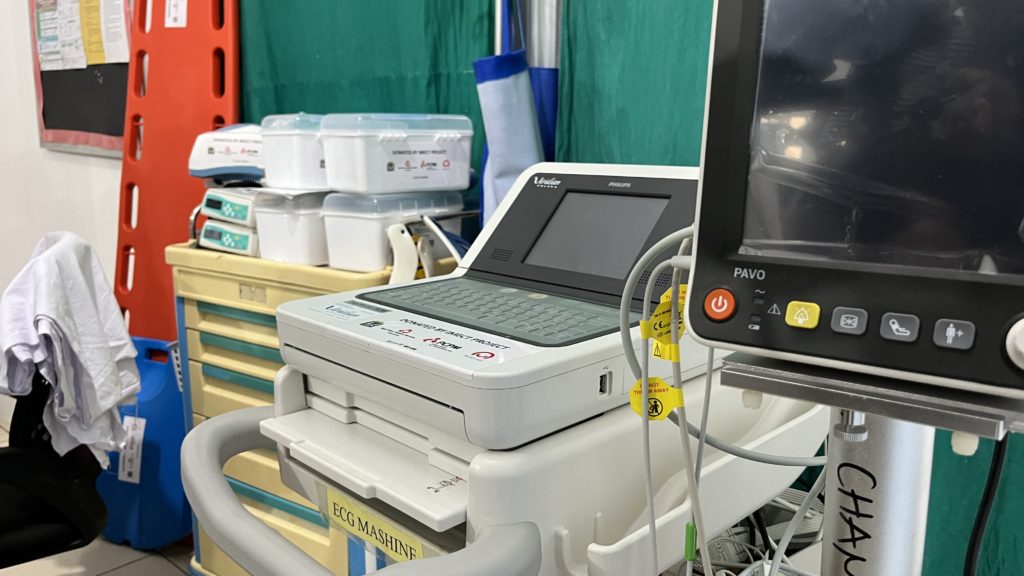
The situation is particularly difficult in small towns and villages, where access to medical care is most limited. In many cases, the only care available is in small, underfunded clinics, often without an on-site doctor, that must cope with minimal resources. The lack of transport and road infrastructure in Tanzania further hinders access to better-equipped facilities in cities. This results in high mortality, especially among children and pregnant women, and the spread of diseases that could otherwise be easily treated or prevented. Road accidents are also a common problem in Tanzania – the country has one of the highest road mortality rates in the world.